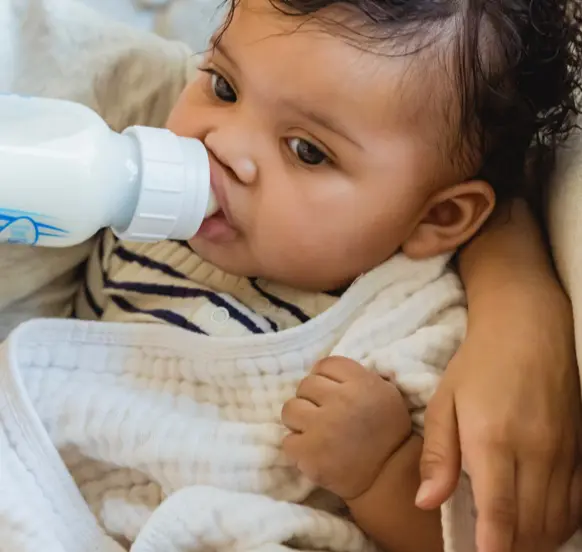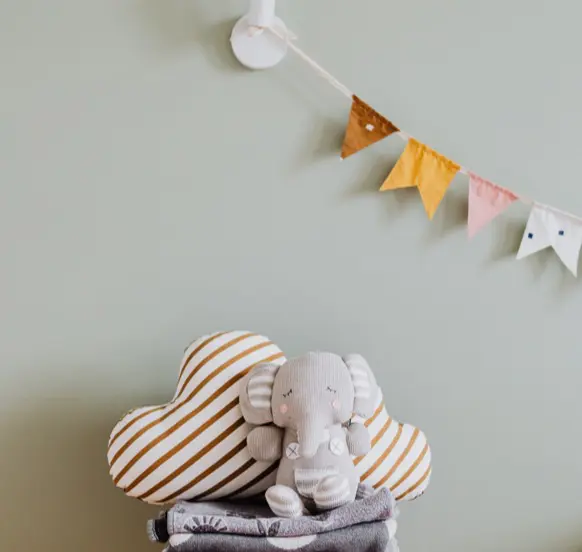

Reviews
Why parents love Oli6®
FEATURES AND BENEFITS
Why Oli6®

Australian made and owned

Trusted by parents

Naturally free of A1 protein

May assist with digestion

Developed and backed by science

Rich in vitamins and minerals
ONE FINE BABY ARTICLE
6 Reasons to Consider Goat's Milk Formula for your Baby
In parenthood, there are many decisions to be made daily. The most important of which being what to feed your baby. There is so much advice out there, and a sea of products to choose from – you’d be forgiven for not knowing where to start!
made with love
The Oli6® Difference
DIgestive isssues?
Deliciously gentle on sensitive tummies™
Oli6® is a scientifically researched blend of oligosacchirides and essential pre and probiotics to naturally aid digestion and immunity.

Goat’s milk contains natural prebiotics including oligosaccharides that aid and support digestion.
Magnesium is Vital in developing immunity and super important for keeping the heart beating properly. Magnesium also assists with the activation of Vitamin D and calcium to help keep your child’s bones nice and strong.
Potassium intake is important for kids as part of a nutritious diet. This is because the function of potassium is to help regulate the balance of fluids in the body and also plays a critical role in maintaining a healthy blood pressure.
Though it’s not entirely free of lactose, the lactose content in goat’s milk is lower than cow’s milk which may make it easier to digest.
Vitamin A plays an important role with eyesight, skin, cell production, immune system, and protection from infections.
Vitamin C helps form and repair red blood cells, bones, and tissues. It helps your child’s gums stay healthy and strengthens your child’s blood vessels, minimizing bruising from falls and scrapes. In addition, vitamin C helps cuts and wounds heal, boosts the immune system, and keeps infections at bay.
Goats milk proteins and smaller fat globules in goats milk may assist with digestion compared to cow’s milk.
Free shipping
When you register your details

Fast Shipping
Between 3 and 7 days Australia wide

Happy to help you
Any question? Email us













